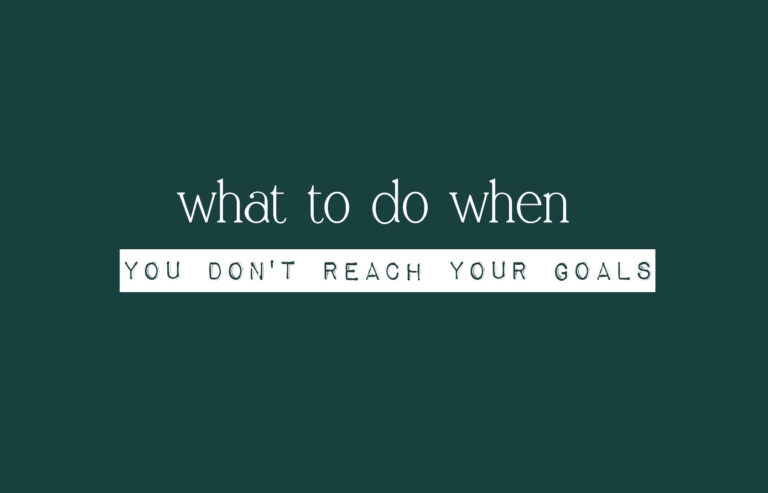How to Make Money When You Have a Mental Illness
Dealing with a mental illness adds another layer of challenges onto life – which is already hard. One area that tends to show up is in providing for yourself financially. In the way our society is set up right now, we all need money to survive, and holding a conventional job may sometimes seem like an insurmountable challenge.

Challenges with Regular Employment
For those with mental illnesses, there are a number of challenges that pop up when it comes to holding traditional employment – that is, a regular, 9-5 j-o-b JOB.
- Inconsistency in Performance: Fluctuations in mood or energy levels can make it tough to maintain consistent job performance.
- Stigmatization: Some workplaces lack understanding or awareness about mental illnesses, leading to potential bias or discrimination.
- Demanding Schedules: Conventional 9-5 jobs might not align with the energy or focus levels of someone grappling with a mental illness.
- Physical Demands: Jobs requiring intense physical exertion can exacerbate symptoms for some individuals.
- Social Pressures: Occupations that necessitate extensive social interaction can be draining for people with anxiety disorders, BPD, or other conditions.
Fortunately, there are multiple alternative ways to make a living, even when facing such challenges. In fact, there are more opportunities now than ever before when it comes to carving out your own way of making a living. Here’s a guide to understanding the hurdles and exploring potential income sources.
Alternative Income Methods
- Freelancing: Platforms like Upwork and Fiverr offer flexibility in choosing projects aligned with your pace and skill set.
- Online Sales: Platforms like Etsy or eBay allow you to sell handmade crafts, upcycled items, or collectibles.
- Online Tutoring/Teaching: Share knowledge in areas you’re passionate about via platforms like VIPKid or Chegg Tutors.
- Blogging or Vlogging: Share your journey, passions, or experiences. Over time, ad revenue or affiliate marketing can add up.
- Pet Services: Love animals? Consider dog walking or pet sitting through apps like Rover.
- Rideshare or Delivery: Apps like Uber or DoorDash offer flexibility based on when you feel up to working.
- Remote Work: Seek remote positions that allow you to work from the comfort of your home.
- Craft or Farmer’s Markets: Showcase your creations or produce to your local community.
- Investments: With careful planning and perhaps some advice, investing can be a source of passive income.
Tips for Success
- Start Small: Don’t rush. Take one step at a time, ensuring you’re comfortable with your chosen method.
- Build a Support Network: Connect with others who have similar experiences. They can offer advice, resources, and emotional support.
- Set Boundaries: Ensure you have personal time to recover and manage your health.
- Stay Informed: Continuously learn about new platforms, methods, and resources to optimize your income streams.
- Seek Guidance: Therapists, counselors, or even career coaches can offer tailored advice.
- Celebrate Small Wins: Every achievement, no matter how minor, is a step forward. Recognize and applaud your progress.
Living with a mental illness is undoubtedly challenging, but remember that your well-being and health are paramount. Financial stability is attainable, and with perseverance and the right strategies, you can navigate the professional world on your own terms.
If you are in an emergency situation, it’s a good idea to reach out to local support services. In the U.S., you can get connected to services by dialing 211.






